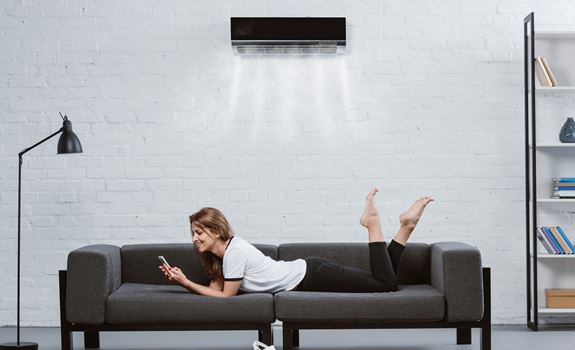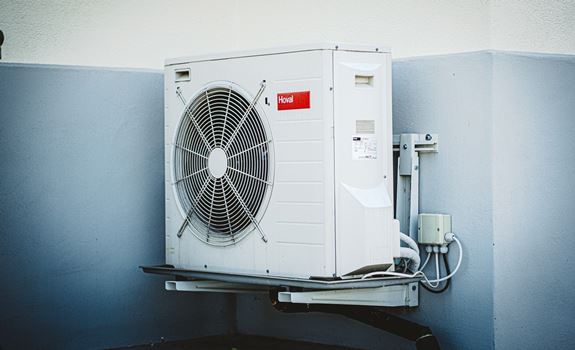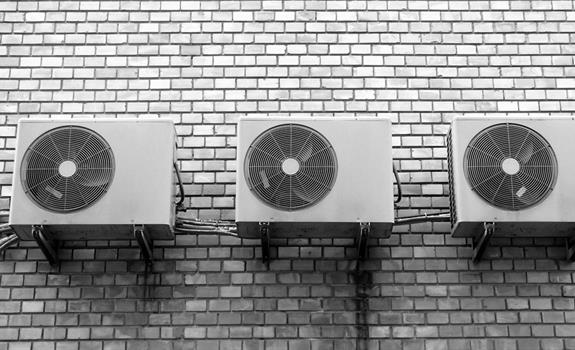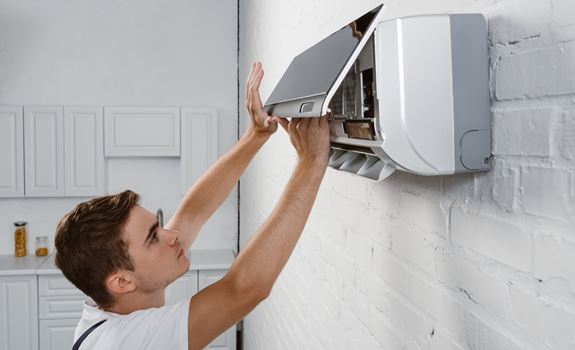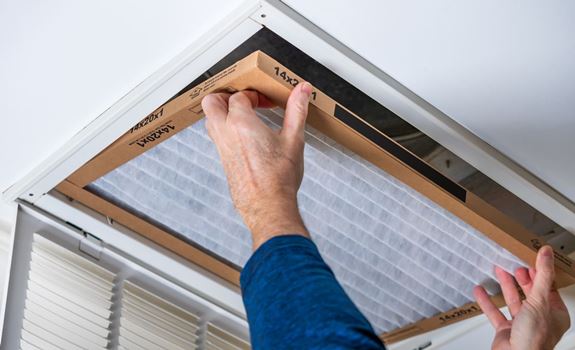The last thing you want is to deal with a failing air conditioning unit, particularly when it fails in the middle of a hot summer day. However, you know that even the best-kept equipment eventually reaches the end of its lifespan. When this happens, you may have no other option but to upgrade to a new AC system, but even then, you may have doubts as to what difference a new AC unit will make. If so, click here for more information on the subject, and in the meantime, read on to discover the most valuable benefits of a new air conditioning system.
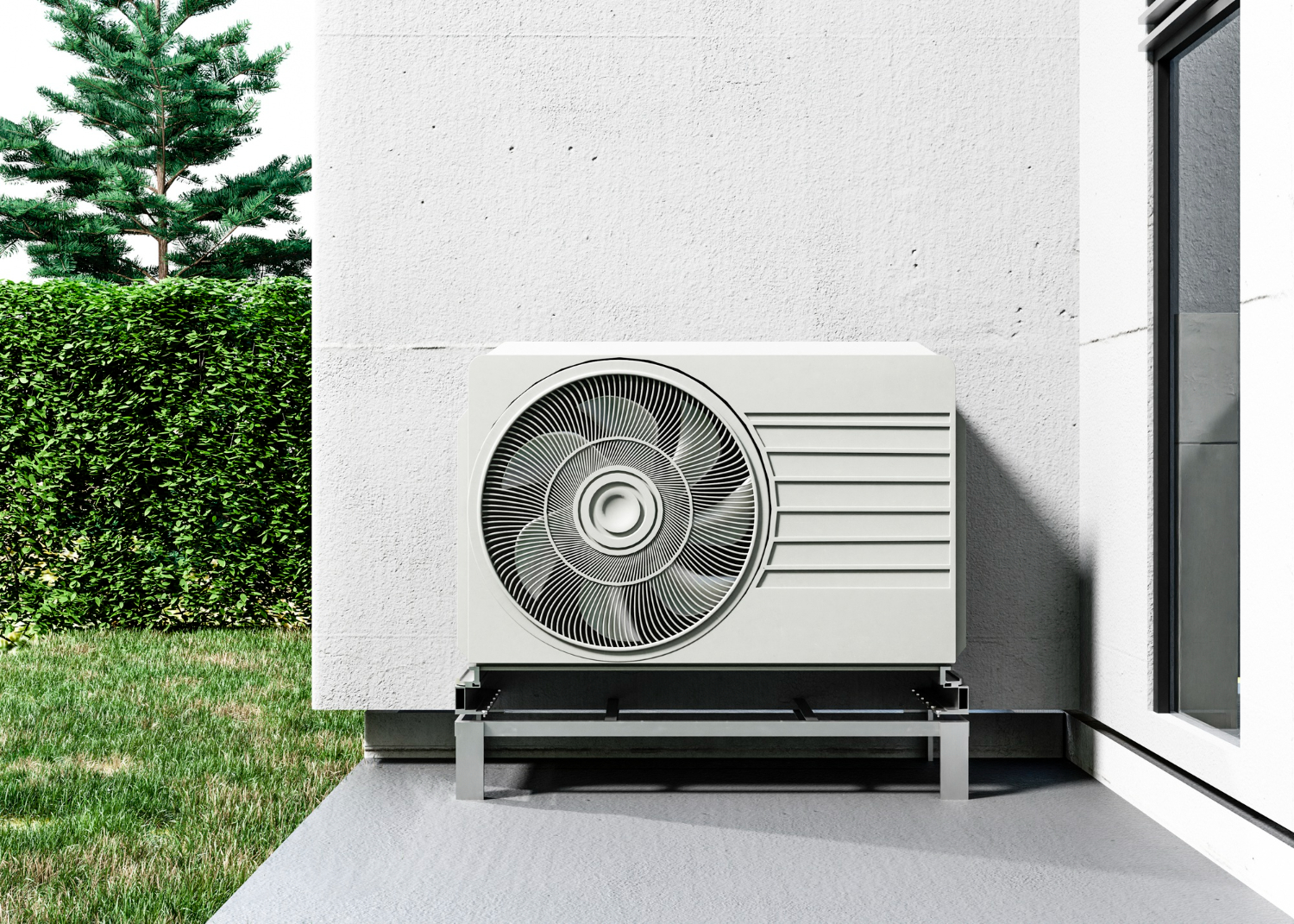
Lower Energy Costs
A new AC system can be much more energy-efficient than your old one. This means it can use less electricity to cool your home, saving you money on your utility bills and reducing your carbon footprint. According to the U.S. Department of Energy, replacing an old AC unit with a new one can save you about $200 per year. New AC systems also have higher SEER ratings, which indicate their efficiency level. The higher the SEER rating, the less energy your system will use.
Enhanced Comfort
Getting a new AC system means you will have new equipment that will provide better cooling and dehumidification for your home, keeping you comfortable and healthy. Also, modern ACs often have variable-speed fans that allow for more precise temperature control, and many have features like smart thermostats, zoning systems, and air purifiers that can improve your indoor air quality. This is particularly important if you have children or an elderly person living in your home or if your loved ones suffer from respiratory ailments.
Reduced Environmental Impact
A new AC system can use a refrigerant that is much more eco-friendlier than the one your old one needed. This can help protect the ozone layer and reduce greenhouse gas emissions. For example, R410A is a modern refrigerant that does not contribute to ozone depletion, while R22 is being phased out and is considered to be illegal in the US since 2020. A new AC system can also use less energy and produce less waste, which can help conserve natural resources and reduce pollution.
Long-Term Cost Savings
A new AC system can last longer and require fewer repairs than an old one. This can save you money in the long run, and a new AC system can also come with an extended warranty that can cover any unexpected issues or breakdowns. Also, a well-maintained AC system can last up to 15 to 20 years, giving you peace of mind for many years to come.
Increased Home Value
When you get a new AC system, you may increase the value and appeal of your home, particularly if you plan to sell it in the near future. Buyers will likely prefer a home with a newer and more efficient AC system than one with an older and less reliable one that looks and sounds as though it is about to fail. A new AC system can also make your home more comfortable and attractive for potential buyers while allowing your loved ones to enjoy fresher air and more constant temperatures.
As you can see, upgrading to a new AC system can be a worthwhile investment that can benefit you in many ways. However, before rushing out to buy a new unit, talk to an expert AC technician to find out what size equipment you need. After all, this is a considerable investment, and you want to buy the best one for your home.
Published in: Home advice | Author: Yanita



